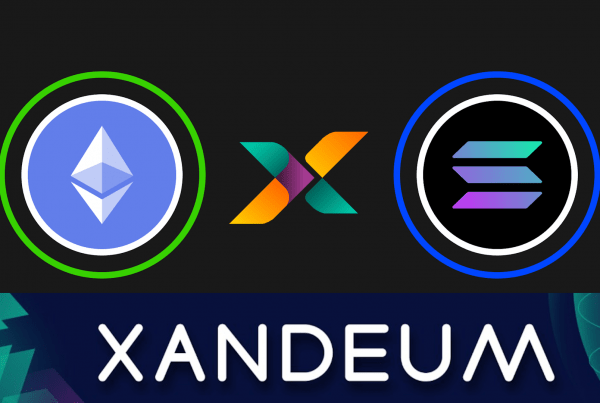
What is a digital identity? Quite simply, your digital identity is the collection of information that makes you unique online. It can include anything from your name and email address to your social media profiles and purchase history.
As more and more of our lives move online, it’s become increasingly important to safeguard our digital identities. This is where self-custodial wallets come in. With a self-custodial wallet, you hold the keys to your own crypto assets, meaning you’re in complete control of your funds.
Why Self-Custodial Digital Identities Are Becoming More Important
As the crypto industry matures, it’s becoming increasingly evident that security is of paramount importance. In the wake of recent crises, consumers are looking for ways to protect their digital assets, and self-custodial wallets are becoming an increasingly popular option.
However, security is not limited to just digital assets. Your digital identity is also a valuable asset, and it’s important to ensure that it is safe and secure. This is where self-custodial DIDs come in.
Self-custodial DIDs offer a more secure way to manage your digital identity. They allow you to control your own data rather than handing it over to a third party. This makes them a more secure option in the age of the Web3 movement when data privacy is more important than ever.
ShareRing’s CEO, Tim Bos, says, “If you don’t own your data, you don’t own your identity.”
ShareRing is one example of a self-custodial DID solution that is currently on the market. It offers a secure way to store and share your data and is perfect for anyone who wants to take control of their digital identity.
The Benefits of Utilizing a Self-Custodial Digital Identity
There are many! First and foremost, it gives you complete control over your data. You’re the only one who has access to your private keys, meaning you’re the only one who can authorize transactions or release information.
Additionally, self-custodial identities provide an extra layer of security against attacks and hacks. Since your data is stored off-chain, it’s much more difficult for criminals to access it.
Finally, self-custodial identities are crucial for the Web3 movement. As more and more services move online, it’s essential that we have a way to trust and authenticate them.
What Are the Mechanisms Behind Self-Custodial Digital Identities?
Simply put, a self-custodial digital identity (DID) is an identity system based on blockchain technology that enables users to store and manage their personal data without relying on third parties.
The idea behind these identities is to ensure privacy and control by allowing the user to fully control their information. Each user has their own digital wallet, which functions as a secure repository for their data and also provides access to various applications via the blockchain.
Self-custodial DIDs are powered by protocols that use decentralized authentication and authorization mechanisms for digital assets by allowing them to set permissions for each application they use. This way, users can be sure that their data won’t be used without their explicit consent.
The Future of Self-Custodial Digital Identities
Looking to the future, self-custody of digital identities will become increasingly important. With the rise of decentralized applications (dApps) and Web3 technologies, there is an increasing need to properly store and manage our digital identities.
Therefore, by taking control of our digital identities, we can keep our data secure and protect ourselves from potential data breaches while ensuring that our personal information remains private and secure.
ShareRing’s self-custodial digital identity solution is paving the way for users to take complete control of their data and personal information. With ShareRing’s easy-to-use platform, users can create verified DIDs that are securely stored in their own wallets. This allows users to have full control over their identity while also providing them with an extra layer of security when accessing dApps or other online platforms.



